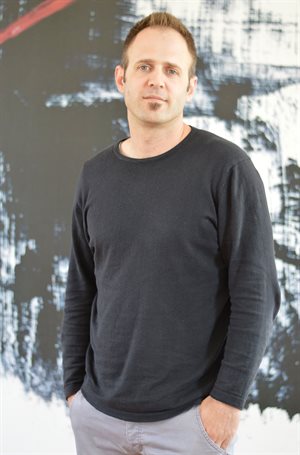Marketing & Media trends
Industry trends
BizTrends Sponsors
Trending
#BizTrends2020: Tech skills shortage, is youth the answer?

Specifically, the skills shortage is located within mid to senior roles and includes the specialised skills set segment. This lack causes friction within the talent market and results in industries naturally competing against one another for the little that is available. The current scenario can be viewed as a lose-lose situation. Firstly, small-to-medium companies lose out on core talent required for growth, and secondly, the economy loses out on the lack of business development which in turn incurs slow industry growth.
As it stands, too much bargaining power lies with the employees, which is not a favourable position for the tech industry to be in. The natural process of demand and scarcity of skills increases the cost to company and salary expectations for developers. It may be seen as a great time to be a developer in South Africa, however, it is a mostly challenging time for tech businesses. The natural impact of this can be seen with offshore tech services becoming an increasingly prevalent choice for South African companies, since they offer a sustainable service at a more affordable rate.
South Africa is in the grip of an unemployment crisis with job opportunities at an all-time low. The country’s tech industry is facing a crisis of skills shortages and it points towards the fact that we are missing a vital cog in this equation.
Youth unemployment
Based on Stats SA’s Labour Force Survey (LFS) for Q3 2019, our country has the highest recorded statistic for unemployment, which is at 38.5%. It is the highest in recorded history. In addition, the unemployment rate for youth (younger than 25) is 58.2%. This jumps to a massive 70% if discouraged workers are included.
This is clear evidence that we as a country, along with our economy, are running in a reactive state. There is no proactive approach to the problems we face and there hasn’t been for some time. To consider a proactive approach, we need to identify our problems and accept accountability. We cannot blame the government as they have proven time and time again that they do not know how to solve or at the least, remedy the challenges we face. It requires a multi-focused approach with the ability to combine the efforts of both the formal and informal education sector, corporate tech entities and government to develop a strategy to solve this complex challenge.
Where to now?
Talent is equally spread across all regions and communities within South Africa. The challenge is that sustainable opportunities are not equally spread.
Most youth from low-resourced communities can’t access or afford tertiary education, nor the cost of living without earning an income for the duration of study. In addition to that, formal education is not agile enough to respond to industry needs.
Perhaps we need to challenge the premise that an individual’s ability to add value to the economy is solely based on one’s ability to obtain a diploma or degree. And that youth education is solemnly a task for educational institutions.
By offering the youth platforms and opportunities to ramp up their skills within industry and get paid at the same time, one could argue that we would kill two birds with one stone. Industry needs to get more involved in developing innovative models to educate and equip youth for employment in areas of high demand. The approach to partnerships should be fluid and multi-faceted, following a fresh and current perspective. This should include youth, upskilling organisations, corporate South Africa, and local government to develop an ecosystem of support which will alleviate the pressures we all are faced with. This would ensure that the system is ever evolving, on trend, and focused with the ever evolving needs of the industry at its core.









